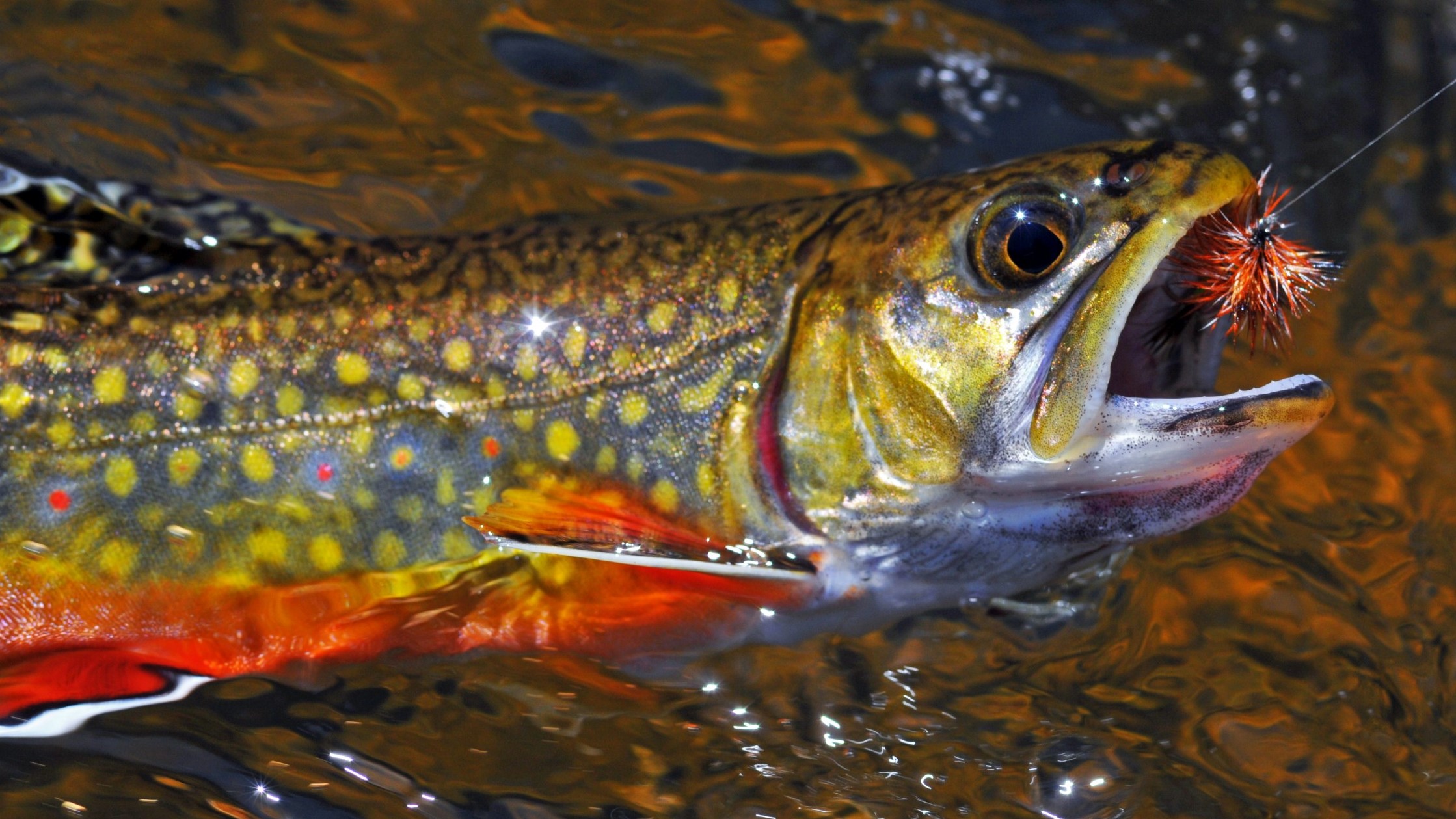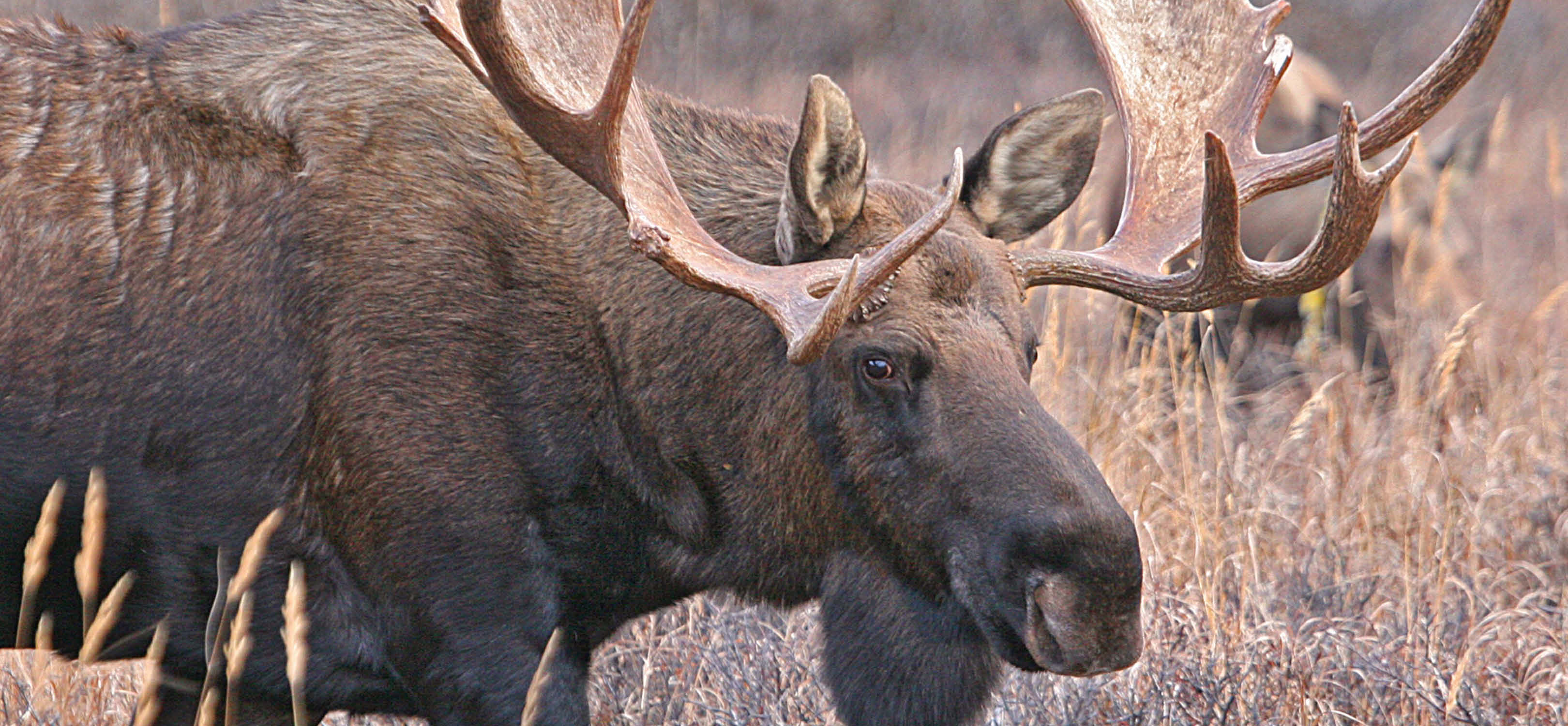Criminal Justice Conservation Law
Associate in Applied Science 64 credit hours
Program Information & Course List
The Associate in Applied Science in Criminal Justice with Specialization in Conservation Law Enforcement is a two-year program that is designed with a three-fold purpose: 1) To prepare graduates for entry-level positions relevant to conservation law enforcement, 2) To prepare students seeking a bachelor’s degree in conservation law for coursework at universities and colleges, and 3) To respond to the growing demand for law enforcement employees to upgrade their skills and knowledge base for career advancement within conservation law by obtaining a college degree.
Career Opportunities: Graduates of the program will be qualified for positions such as Fish & Wildlife Enforcement Officer, Wildlife Refuge Officer, Park Ranger, Natural Resource Officer, Marine Enforcement Officer, and Conservation Park Security Guard.
Program Education Outcomes: Upon completion of the Associate of Applied Science in Criminal Justice with a Specialization in Conservation Law Enforcement, the graduate is prepared to:
- Demonstrate an understanding of the sociological and psychological theories of crime causation and evaluation of human behavior.
- Apply critical thinking and problem solving techniques to the criminal justice and conservation enforcement environment.
- Demonstrate the ability to apply principles of conservation law and due process within the criminal justice system.
- Demonstrate interpersonal, written, and presentation skills required for successful employment in a criminal justice field.
- Consistently exhibit ethical behavior and respect for a diverse community, applying services equitably to all people.
- Understand and apply knowledge concerning safety and conscientious stewardship of the environment.
- Be a responsible member of society and the workforce, applying knowledge, skills and abilities, for the betterment of one’s local community.
The Criminal Justice–Conservation Law program requires completion of the Student Disclosure of Criminal Convictions, Pending Criminal Charges and Certain Disqualifications. Completion of this form does not automatically deny admission to the program. Prospective applicants will meet with the Dean of Enrollment Management and Student Services to review information.





